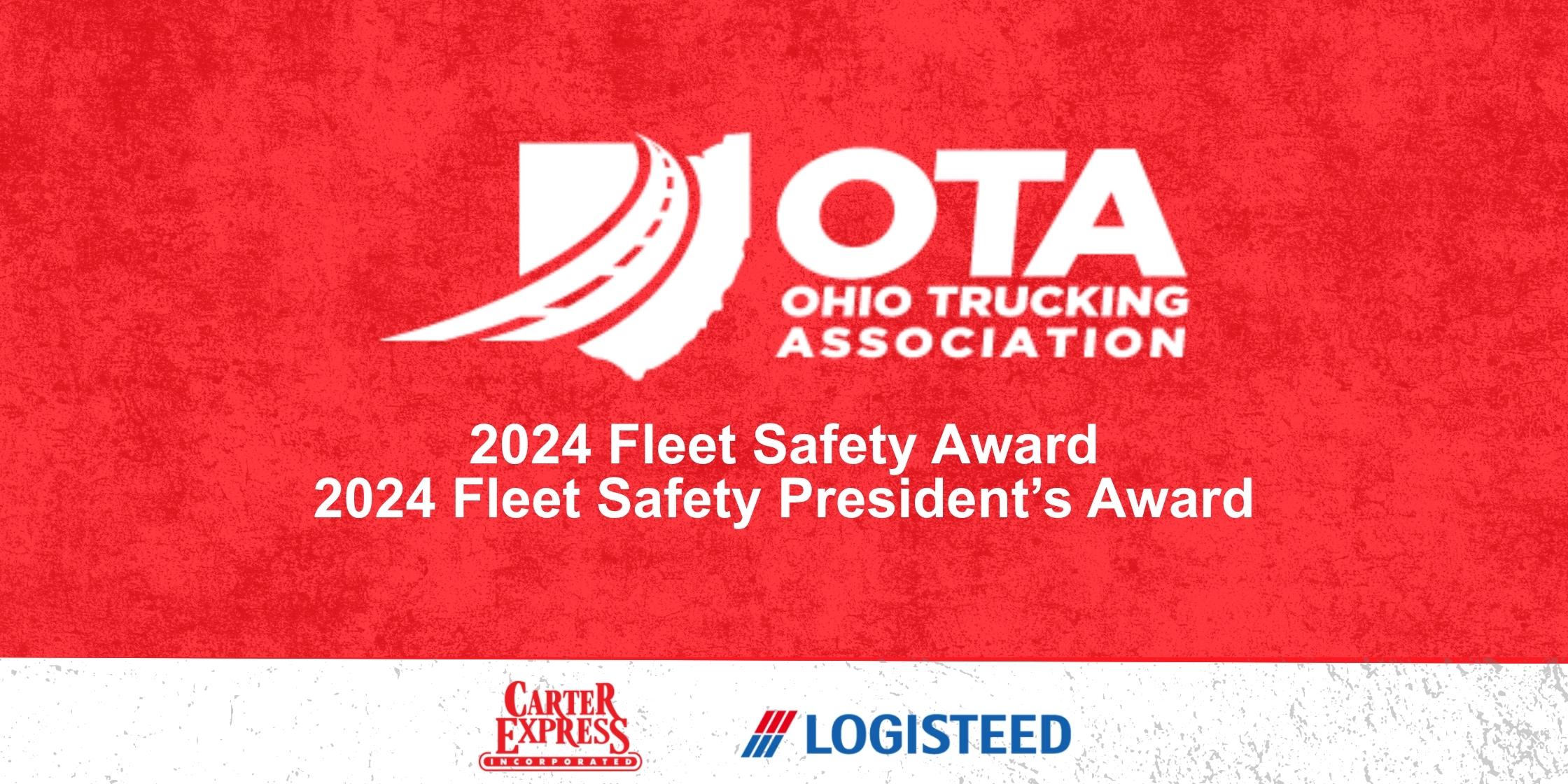Tax’s can often be confusing and a lot to understand. Below we have prepared some tips for an easier process. Truck drivers often have a lot of tax liability, especially if you’re an owner operator. It’s important to make sure you have everything ready to go - and that you’ve maximized all the tax deductions available to drivers. Feeling a little overwhelmed? Take a look at some of our top tax time tips for truckers to help make tax season a little easier for you.
Tax’s can often be confusing and a lot to understand. Below we have prepared some tips for an easier process. Truck drivers often have a lot of tax liability, especially if you’re an owner operator. It’s important to make sure you have everything ready to go - and that you’ve maximized all the tax deductions available to drivers. Feeling a little overwhelmed? Take a look at some of our top tax time tips for truckers to help make tax season a little easier for you.

Make sure you have the correct income forms
If you’re a company truck driver, you should have received a W-2 form from your employer. A W-2 is required for any employee who receives payments of $600 or more. This for reports your annual wages and the amount of taxes withheld from your paychecks. Independent contractors must get a Form1099-MISC from each company they’ve received income from throughout the year. If you’re working with multiple companies, you’ll need a 1099 from each one.
Know which tax deductions you’re eligible for
Your truck is not only your home away from home, but it’s your office too. However, not every driver is eligible for the same tax deductions. For instance, over-the-road owner operators will be able to deduct some of their meal costs while independent local truck drivers can’t because the expectation is that they can eat at home. Similarly, owner operators are able to deduct a lot more expenses than company drivers because they’re considered self-employed.
Possible tax deductions
Here is a list of some of the deduction you might qualify for:
Important non-deductible expenses
Not all expenses are deductible. Some of these include:
Keep your receipts
Keep your receipts. We can’t say this enough. Keep your receipts. Having all of your receipts will help you keep track of your business expenses. The IRS recommends keeping your records for three years from the date you file your original tax return or two years from the date you paid the tax, whichever is later.
File on time
Tax day is always April 15th. You’ll know when you submit your forms whether you’ll owe taxes or will receive a refund. You can file electronically or by mail. If you can’t file by the April 15th deadline, you can file an extension. Failing to do so will cost you extra in penalties and delay your refund.
Ask for help from a professional
If you prefer not to file your own taxes, find a good tax professional who is familiar with working with truck drivers. Having a tax preparer who’s knowledgeable about this industry will help you maximize your deductions. If you’re unsure about which deductions apply to you, contact a CPA or tax consultant for help when filing your taxes.


